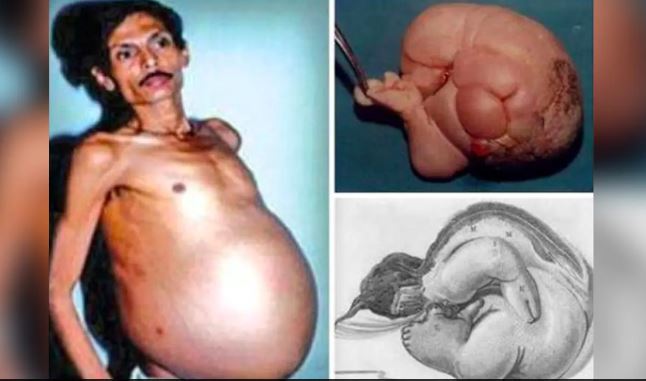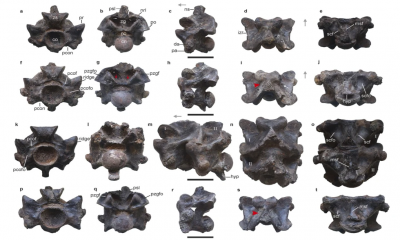A 60-year-old man from India`s Nagpur who has been living with a bulging stomach for more than three decades has been diagnosed with a rare medical condition, reports NDTV. This rare physical condition is called "fetus in fetu" which is an example of "vanishing twin syndrome," meaning his twin died during pregnancy before being reabsorbed.
Due to his huge belly, which makes him look completely different from others, he got the nickname "pregnant man".
According to The Daily Star, Bhagat, who was struggling to make ends meet, ignored the swelling to carry on working and put up with the teasing from his peers as well as his family`s concern. But in 1999, when the bulge pressed against his diaphragm and made it difficult for him to breathe, he was finally rushed to a hospital in Mumbai. Dr Ajay Mehta, who saw to Bhagat`s treatment, immediately assumed the man was suffering from a tumour at first glance.
The news outlet further said the doctor cut open Bhagat`s stomach and reached inside to retrieve what he believed would be a large cancer, but instead discovered a human being.
"He just put his hand inside, and he said there are a lot of bones inside," said a doctor, according to History Defined.
"First, one limb came out, then another limb came out. Then some parts of the genitalia, some parts of the hair, some limbs, jaws, limbs, and hair.
"We were horrified. We were confused and amazed... To my surprise and horror, I could shake hands with someone inside. It was a bit shocking for me."
What is Fetus-in-fetu?
According to the National Library of Medicine, Fetus-in-fetu (FIF) is a rare entity in which one malformed vertebrate foetus is enclosed within the body of its twin. This is an extremely rare condition, and Hopkins et al. found fewer than 100 case reports in their extensive review of the literature. An array of presentations is described in the literature, although the embryopathogenesis and differentiation from a teratoma have not been well established.







































